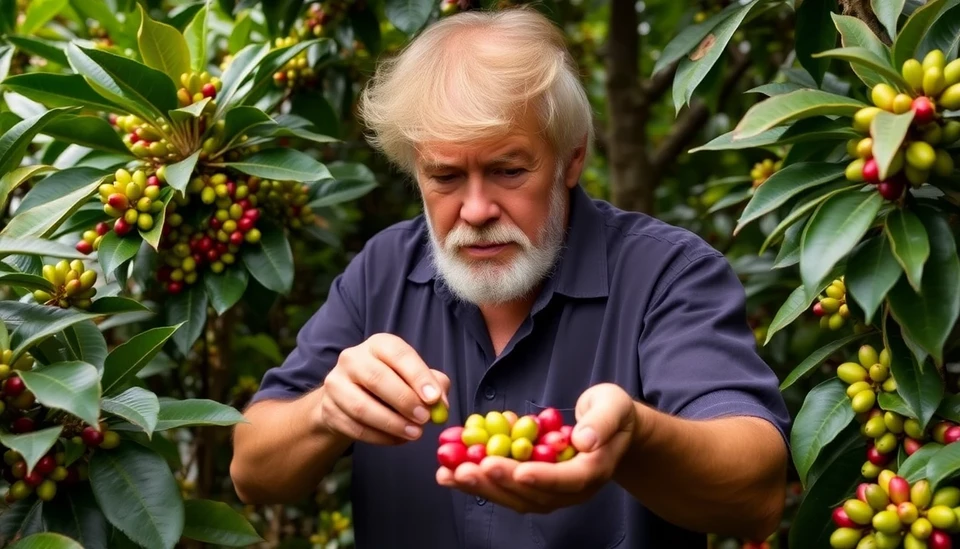
Colombia, renowned for its exquisite coffee production, is finding itself in an unexpected predicament. The country, which has recently enjoyed a remarkable surge in coffee prices, is now grappling with the fallout from tariffs imposed by former President Donald Trump. While coffee farmers initially celebrated record prices, the introduction of these tariffs has begun to sour the atmosphere for producers and exporters alike.
Over the past few months, Colombia’s coffee prices have soared to unprecedented heights, providing a financial lifeline to many small-scale farmers who have struggled in recent years. The rise in prices was gratifying, especially for an industry that faced numerous challenges, including climate change impacts, pests, and fluctuating market demands. However, the celebration was short-lived as the ramifications of U.S. trade policies took hold.
The tariffs, enacted on various agricultural imports from multiple nations, are creating a complicated landscape for Colombia's coffee industry. While U.S. consumers might not notice the changes immediately as coffee prices in stores remain relatively stable, the underlying shifts in the supply chain are impactful. Colombian exporters are now faced with elevated costs, limiting their ability to compete effectively in the U.S. market—one of their primary destinations for coffee.
Experts warn that these trade barriers could potentially reverse the gains made by Colombian farmers. Access to the lucrative American market has always been a crucial component of Colombia’s coffee economy, and any constraints hinder their ability to sustain profitability. Much of the country's dependency on exports means that changes in international trade policies can significantly affect its bottom line.
With many farmers relying heavily on coffee as their main source of income, the increased tariffs pose a considerable risk. The concern is not just about profitability; it also extends to the livelihoods of families who have depended on coffee cultivation for generations. An analysis suggests that prolonged tariff barriers could lead to lower production rates and a decrease in the income stability that farmers had only just regained.
Policy makers and industry leaders in Colombia are advocating for diplomatic engagement with U.S. authorities, hoping to find resolutions that could alleviate the impacts of these tariffs. Talks about trade agreements and potential exemptions for coffee imports are at the forefront of discussions as stakeholders work tirelessly to protect the interests of Colombian growers.
The situation underscores a broader narrative in international trade, illustrating how quickly fortunes can shift due to policy decisions made far away from the fields of Colombia. For now, as Colombian coffee producers navigate these turbulent waters, the looming question remains: how much longer can they hold on to this coffee boom in the face of adversity?
As the coffee harvest season approaches, all eyes are on the evolving trade landscape and its implications for one of Colombia's most cherished exports, hoping for a turnaround that can restore harmony to the coffee market.
Follow the story closely as developments unfold around tariffs and their impact on Colombian coffee farmers in the weeks ahead.
#ColombiaCoffee #TrumpTariffs #TradePolicy #CoffeePrices #ColombianFarmers
Author: Rachel Greene




